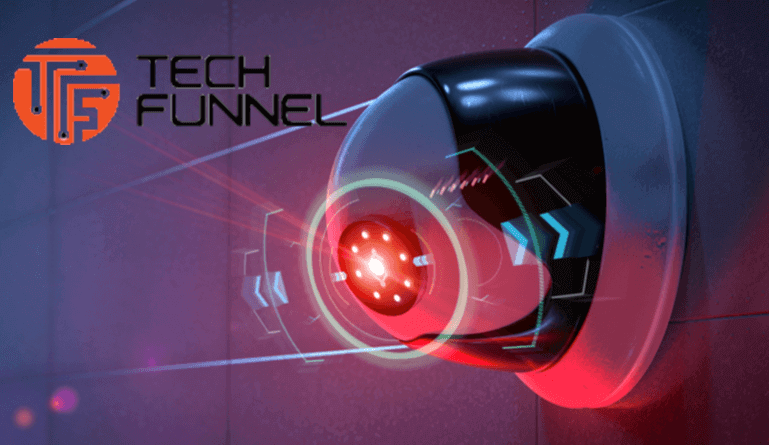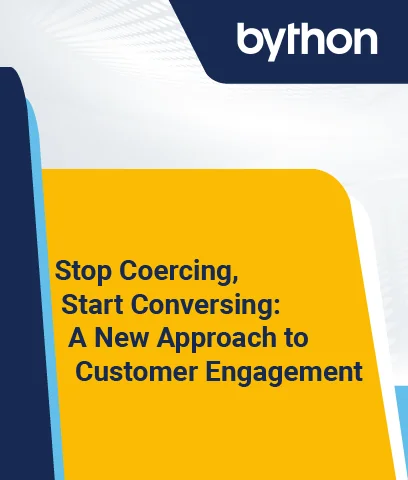Guest Contribution by Osama Tahir
The devastation caused by coronavirus has all but halted the world in its steps. These are desperate times and desperate times call for desperate measures. Thus, we are seeing an explosion of surveillance measures, apps, and technologies introduced for the noble purpose of saving lives.
But we know all too well that once new policies and systems are in place, they hardly ever reverse, even when the crisis that required said measures have long passed. And that begs the question about the future of privacy.
Will all the contact tracing and other patient-monitoring apps designed for containing COVID-19 remain confined to their original purpose? Or will a ratchet effect take its hold in the new surveillance apparatus the world over, leaving a world where authorities are even less conscious of people’s privacy than they were pre-coronavirus?
The Unlikely Partnership of Google and Apple
You know the severity of the crisis is bad – and I mean REALLY bad – if two of the most powerful Big Tech companies who also happen to be sworn rivals that never pass on an opportunity to take jibes at each other are joining hands.
The alliance of Google and Apple for developing a mobile-based COVID-19 contact tracing system is certainly a great gesture and the ability of the two companies to design innovative solutions to challenging problems cannot be questioned.
The question is, can we trust Google and Apple to not take this as an opportunity for privacy violations? There’s no denying that their contact-tracing solution might play an important part in helping curb coronavirus and facilitate quarantine management. In fact, it is touted to be more privacy-friendly than any other contact tracing app due to its utilization of short-range Bluetooth and the completely opt-in nature.
Nonetheless, despite the many reassurances from Apple and Google that the contact tracing functionality will remain completely voluntary, the point of contention is whether the app will remain in this agreeable form going forward into the post-coronavirus world. These assertions ruefully lack conviction when coming from companies known for their decidedly self-serving definitions of volition.
After all, we’re talking about a company that offers app permissions and functionalities as a cosmetic feature rather than actually producing any effect in line with the user’s consent (Android phones still collect location data even with the location turned off, remember?).
We will only know for sure when the contact tracing joint effort is rolled out, but there are enough reasons to stay skeptical already.
( Also Read: How COVID-19 is Impacting Marketing )
The Fight against Surveillance Normalization
The public at large is frightened. Our situation is one of emergency where exceptions we normally wouldn’t allow are resignedly let go of. It is in this state of public vulnerability and passive acceptance that new technologies and surveillance powers are being rolled out. The perfect time to curb civil liberties is during a crisis when people are distracted by threats much more severe and immediate such as the coronavirus.
This is why it is extremely important for people and independent pressure groups to keep a check on their government’s surveillance powers during this time and push for a reversal of the more privacy-invasive tools when the pandemic is controlled and normal life resumes.
Even though current trends do suggest rising concern among people about their online privacy, with Google reporting a surge in search terms related to VPNs and free VPN services, it will take a lot more than defensive software tools to fight the surveillance technologies at the disposal of governments.
More privacy awareness on a mass scale and stronger legislation than that currently enforceable in Europe and some parts of the US (GDPR and CPPA) are absolutely necessary to top the surveillance menace from creeping out of our hands and assuming a scope much more pervasive and nefarious than is required to save lives and people from pandemics.
We cannot trade one evil for another. Privacy is a human right. It can’t coexist in a world where this level of surveillance becomes the new normal. It is for this reason that we cannot afford to unquestioningly permit the push towards pervasive surveillance, no matter how hard governments try to convince us of the impermanence of these measures.
The force of the ratchet effect and mission creep is very real. In the present case, extreme care and vigilance must be practiced by privacy watch groups and the media to keep close tabs on developments as the chokehold of surveillance grips the whole world.
Maybe this time, our proactiveness and the hindsight afforded to us by past incidents and emergencies (9/11 is a good case in point) will put a stop to the creeping scope of coronavirus-enabled surveillance programs.






